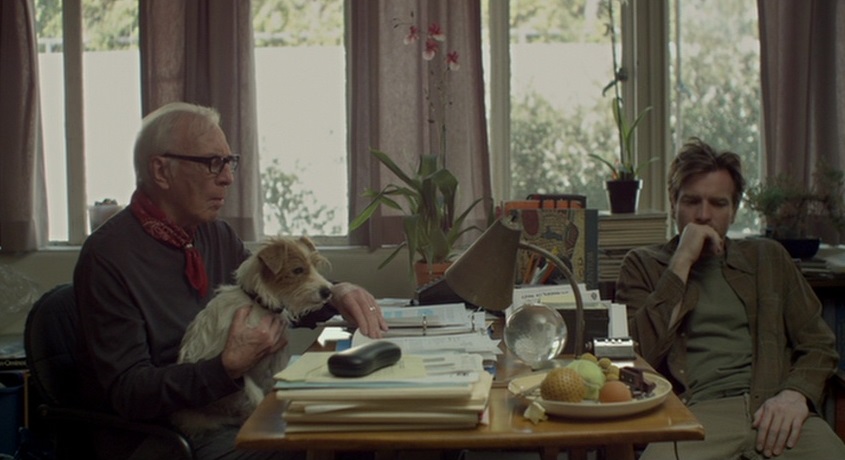

  |
| Photo © 2010 Olympus Pictures/Parts and Labor, © 2011 Focus Features |
| Academy Award Nominations and Winners: | |
| ★ | Best Supporting Actor: Christopher Plummer |
| Golden Globe Nominations and Winners: | |
| ★ | Best Supporting Actor: Christopher Plummer |
| Other Awards: | |
| Screen Actors Guild Awards: Best Supporting Actor (Plummer) | |
| Independent Spirit Awards: Best Supporting Actor (Plummer) | |
| Los Angeles Film Critics Association: Best Supporting Actor (Plummer) | |
| National Board of Review: Best Supporting Actor (Plummer) | |
| British Academy Awards (BAFTAs): Best Supporting Actor (Plummer) | |
| Permalink | Home | 2010 (wp) | 2011 (us) | ABC | Blog |